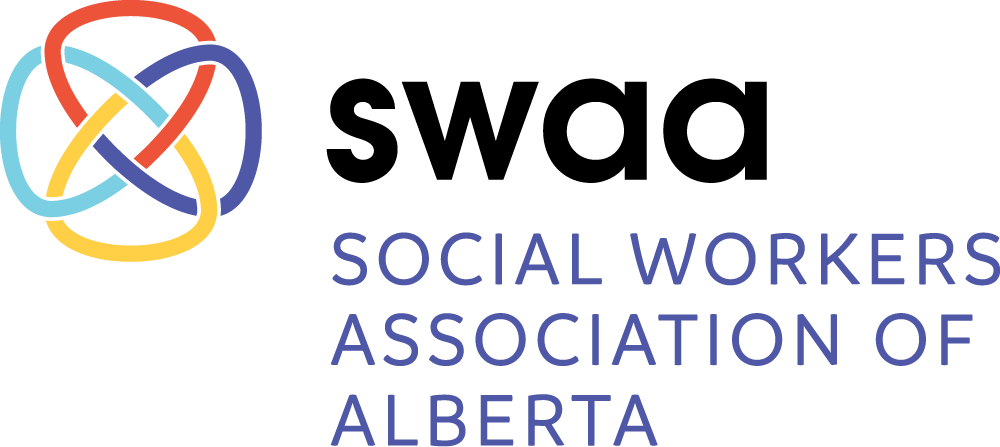October 1: Canada’s National Seniors Day
Honouring Contributions, Confronting Challenges
National Seniors Day, observed annually on October 1, is Canada’s opportunity to recognize the vital contributions of older adults and to spotlight the unique challenges many face as they age. This observance invites all Canadians to reflect not only on what seniors have given to society, but on what we owe them in return: respect, safety, inclusion, and support.
The United Nations’ International Day of Older Persons is also commemorated on October 1, and this year’s theme, “Older Persons Driving Local and Global Action: Our Aspirations, Our Well‑Being and Our Rights”, emphasizes that seniors are not passive recipients of care. They are community builders, advocates, mentors, and leaders whose rights, well-being, and aspirations must be central to public policy and community design.
Recognizing Contributions: Elders, Knowledge Keepers, and Community Leaders
Seniors are the bedrock of families, communities, and civic institutions. In Indigenous contexts, Elders and Knowledge Keepers carry sacred knowledge, oral traditions, languages, and cultural protocols essential to identity and healing. Across diverse communities, older adults share lived experience, offer care and mentorship, volunteer, and inspire intergenerational connection. To honour these contributions, we must listen to the needs and rights of older adults, not only on October 1, but year-round.
Confronting Systemic Challenges
Despite their ongoing contributions, many seniors face vulnerabilities that undermine their health, safety, and independence. Confronting these systemic challenges requires public awareness, coordinated action, and long-term investment in supportive infrastructure and services.
Social isolation is a pervasive issue among older adults, particularly those who live alone or have lost close family or partners. The resulting loneliness can contribute to depression, anxiety, and physical decline. To counter this, community-based programs such as peer support groups, regular wellness check-ins, and intergenerational outreach initiatives play a crucial role in fostering social connection and improving mental health outcomes for seniors.
Economic insecurity is another significant concern. Many older adults live on fixed incomes that are increasingly stretched by the rising costs of housing, food, medication, and care. Some seniors are also unaware of, or face barriers to accessing, provincial or federal assistance programs. Confronting this issue involves strengthening outreach and navigation support for benefit programs, expanding access to affordable housing, and investing in community-based supports, such as food programs and transit subsidies, that help seniors maintain autonomy and stability.
Elder abuse, including emotional, physical, financial, and neglectful harm, is a growing problem, often perpetrated by those in positions of trust, such as family members or caregivers. In Alberta, there has been a reported rise in financial coercion, property theft, and deliberate isolation of older adults. Protecting seniors requires stronger reporting mechanisms, public education on recognizing abuse, legal protections, and expanded access to shelters, crisis lines, and case management services designed specifically for older victims.
Finally, targeted scams and fraud increasingly affect seniors, with perpetrators exploiting trust and technological vulnerabilities. Fraudulent schemes, including “grandparent” scams, fake government calls, and tech support cons, often use artificial intelligence and digital impersonation tactics. Addressing this challenge demands enhanced digital and financial literacy education, public awareness campaigns, and community workshops to equip seniors with the tools to identify, report, and protect themselves from fraudulent activity. Caregivers and frontline workers must also remain vigilant and informed to help mitigate risks.
Acknowledgement to Action
We honour the dedication of social workers, case managers, community advocates, and health professionals who support seniors. These professionals provide trauma-informed care, crisis support, navigation assistance, safety planning, and advocacy, often across complex systems. Their work ensures seniors can live with dignity, agency, and protection.
To ensure that older adults can continue to shape society, we must:
Combat elder abuse with better prevention, detection, and legal safeguards
Improve digital and financial literacy to guard against fraud
Expand affordable housing and care options for aging in place
Support intergenerational engagement to bridge age divides
Invest in frontline supports and community outreach
Uphold the rights of older persons, as articulated in human rights frameworks
On National Seniors Day, we celebrate not just long lives, but the legacies, wisdom, and voices of seniors. And we reaffirm a national commitment: that aging in Canada must be met with respect, safety, equity, and inclusion.
From small towns to big cities, from family homes to care centres, let us ensure that older adults continue to drive action, shape communities, and enjoy their rightful place in our shared future.
Resources
